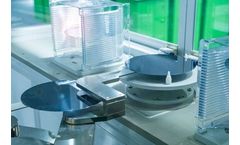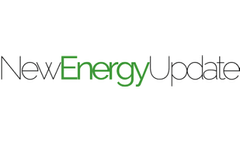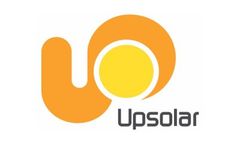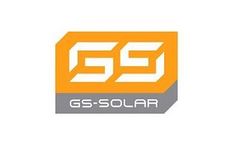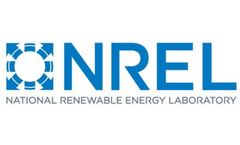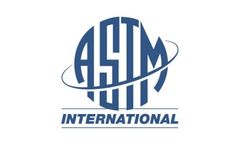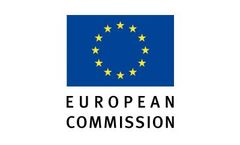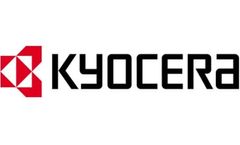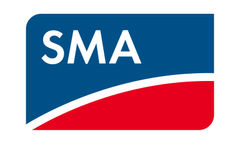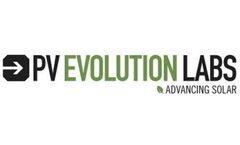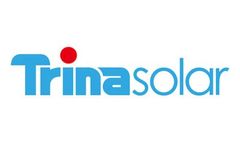Pv Tests Articles & Analysis
45 news found
Matexcel, a biotechnology company in material science, recently updated its Photovoltaic Product Analysis Service to assist scientists and researchers better with their projects. Products that use solar cells to transform light energy into electrical energy are referred to as photovoltaic products. In a broad sense, photovoltaic products refer to items like solar street lights, traffic lights, ...
ByMatexcel
The Middle East state is building a commercial-scale bifacial testing facility and advancing soiling studies that will apply to many other desert regions. ...
Over the past five years, the Qatar Environment & Energy Research Institute (QEERI) has tested 81 solar PV technologies at its Solar Test Facility in Doha. Technologies such as mono-Si, multi-Si, bi-facial, thin film PV systems and seven concentrating PV systems were tested for energy yield, ...
DNV GL, the world’s largest resource of independent energy experts and certification body, has released its third annual PV Module Reliability Scorecard report, presenting the most complete publicly-available comparison of PV module reliability test results. ...
Upsolar System Italia Srl. the European subsidiary of Upsolar, a leading solar photovoltaic (PV) module producer and solutions providers is making its floating solar PV services available in Europe. Upsolar will use a structure exclusively created by Koine, a design company that specializes in floating platforms. The entire solar array is made up of Upsolar modules that are mounted on top of ...
The project efficient battery using HDT battery technology, mass production conversion efficiency of up to 22%, the standard PV module power can reach 320W, than the traditional polysilicon photovoltaic module power is about 20% higher. ...
Kurtz, who helped launch super-efficient multi-junction solar cells and is a leader in photovoltaic (PV) systems reliability, joined NREL in 1985 as a post-doctoral researcher after receiving her Ph.D. in chemical physics from Harvard University. ...
The new standard appears in "Terrestrial Photovoltaic (PV) Modules - Guidelines for increased confidence in PV module design qualification and type approval." ...
ASTM International has published a new standard that provides an important test for photovoltaic equipment used to generate solar energy. The standard (E3006, Practice for Ultraviolet Conditioning of Photovoltaic Modules or Mini-Modules Using a Fluorescent Ultraviolet (UV) Lamp Apparatus) is used to identify materials that degrade quickly when exposed to ultraviolet radiation from sunlight. ...
The Energy Department's National Renewable Energy Laboratory (NREL) has released an updated proposal that will establish an international quality standard for photovoltaic (PV) module manufacturing. The document is intended for immediate use by PV manufacturers when producing modules on an industrial scale so they can increase investor, utility, and consumer ...
A three-step chemical process could successfully recover high-purity silicon from recycled photovoltaic (PV) solar panels, new tests show. The scientists behind the research say that recycling not only helps the PV industry meet regulatory requirements, but also reduces pressure on demand for raw materials. ...
As a life senior member of the IEEE (Institute of Electrical and Electronics Engineers) and member of the IEEE Standards Board, DeBlasio established a strong collaborative relationship with industry and stakeholders to validate and standardize technical requirements through collaborative research and testing. "It's hard to imagine how the distributed PV industry ...
Solar panels, or photovoltaic (PV) modules, are being rapidly deployed across the world as costs fall and the need for sustainable, low-carbon energy grows. Being able to effectively characterise PV cells is a key factor in quality control during manufacturing and understanding their long-term behaviour. NPL researchers, Simon Hall, Matt Cashmore and John ...
KYOCERA is Only Manufacturer to Earn Highest Rating Across All PV Module Tests On August 25, Kyocera Corporation announced that Kyocera is the only solar module manufacture to rank as a Performance Leader in all six categories in independent testing by PV Evolution Labs, as reported in GTM Research’s July 2014 ...
Kyocera Corporation announced that Kyocera is the only solar module manufacturer to rank as a Performance Leader in all six categories in independent testing by PV Evolution Labs, as reported in GTM Research's July 2014 PV Module Reliability Scorecard. ...
An industry first, it accelerates power plant start-up and significantly pulls forward commercial operation dates before grid connection is accessible, enabling hundreds of megawatts of PV power to be brought online in a matter of days. Through the use of proprietary technology, SMA can simulate the grid prior to actual grid interconnection and fully test and ...
For a module to pass the PID test, its power degradation must be less than 5% following the PID test. ...
North America’s premier independent solar module test lab, PV Evolution Labs (PVEL), announced that under its new Potential Induced Degradation (PID) testing program, several leading solar PV manufacturers have received the highest level of certification as PID-free. ...
North America’s premier PV module testing lab, PV Evolution Labs (PVEL), today introduced a new Soiling Station program for measurement of power and energy loss due to module soiling in the field. Soiling is the accumulation of dirt on PV modules, which can reduce annual energy output of a plant by up to 10% depending on ...
Trina Solar's Changzhou PV Testing Center is now eligible to participate in the Client Test Data Program after undergoing a rigorous inspection and audit by UL. As the first CTDP-certified PV company, Trina Solargoes one step beyond the Witness Test Data Program ("WTDP"). ...

